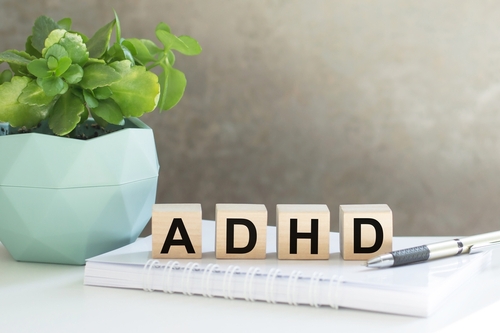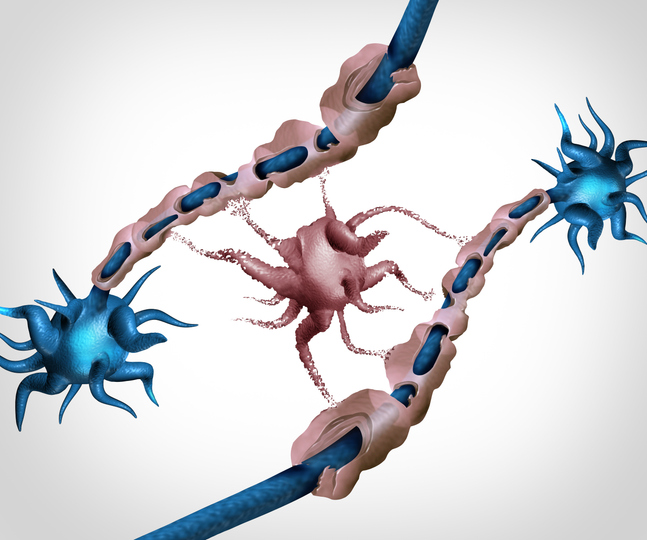
According to a study published in The Lancet Psychiatry, younger children diagnosed with attention-deficit/hyperactivity disorder (ADHD) are not more likely to have their diagnosis disconfirmed over time than children who are diagnosed at an older age.
The researchers conducted a meta-analysis comparing children diagnosed with ADHD before age 10 with those diagnosed after age 10. The primary outcome was ADHD status at a diagnostic reassessment conducted at least 4 years following initial assessment. The analysis included 41 studies conducted in 15 countries, comprising 4708 participants who were followed for a period of 4 to 33 years following initial ADHD diagnosis during childhood.
Younger relative age at ADHD diagnosis was not found to be significantly associated with ADHD persistence at follow-up (odds ratio, 1.02; 95% CI, 0.99-1.06; P=.19). The authors noted significant heterogeneity in the model (P=.0011).
A sensitivity analysis was conducted that excluded participants born in the 2 months before or after the school-entry cutoff date. The pooled effect size in this subgroup was similar to the main analysis, with no significant association of relative age with ADHD persistence. A second subgroup analysis was performed with only participants with follow-up of >10 years who were diagnosed prior to age 8; again, this analysis did not significantly alter the results.
“We found that younger relative age was not associated with a statistically significant decrease in persistence of ADHD diagnosis over time,” the authors summarized. “All our additional analyses confirmed the robustness of this finding from our primary analysis.”
They suggested 2 possible interpretations of their findings. “First, contrary to what is commonly assumed, younger relative age might not increase the likelihood of receiving a diagnosis of ADHD. Instead, it is possible that the relative age effect decreases the likelihood of children of older relative age receiving a diagnosis of ADHD.”
The second interpretation, they wrote, is that a child receiving an ADHD diagnosis “leads to unexplored carryover effects of the initial diagnosis, which outweigh the influence of relative age. It is possible that, once a diagnostic label of ADHD is assigned, parents, teachers, and others act differently with the child or modify their expectations because they are influenced by the initial diagnosis.”
The authors called for future studies to confirm the mechanisms underlying the impact of relative age on childhood ADHD and whether this impact reflects the persistence of an appropriate or inappropriate diagnostic label.







 © 2025 Mashup Media, LLC, a Formedics Property. All Rights Reserved.
© 2025 Mashup Media, LLC, a Formedics Property. All Rights Reserved.